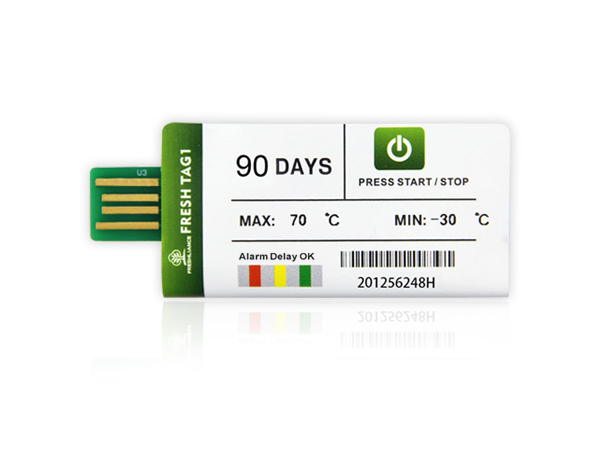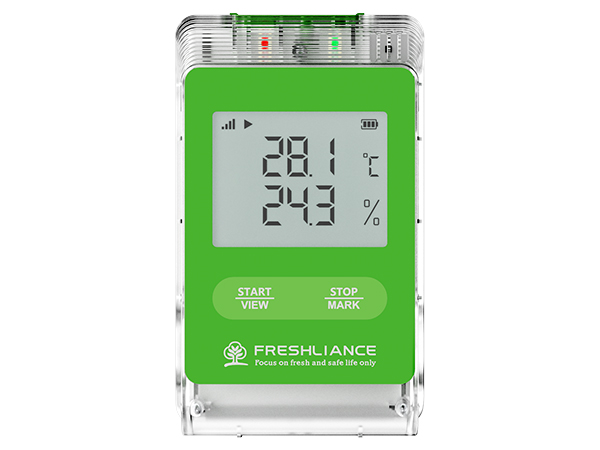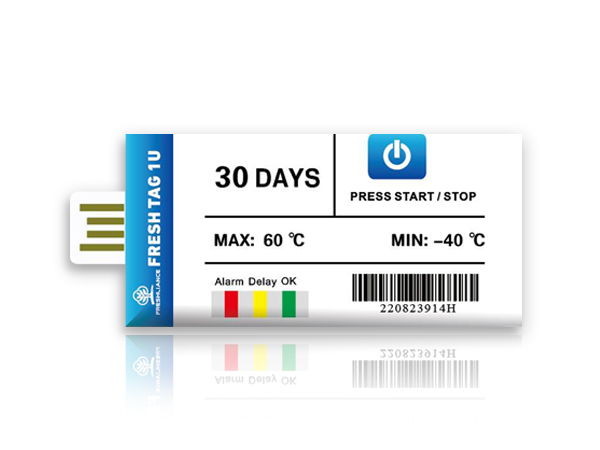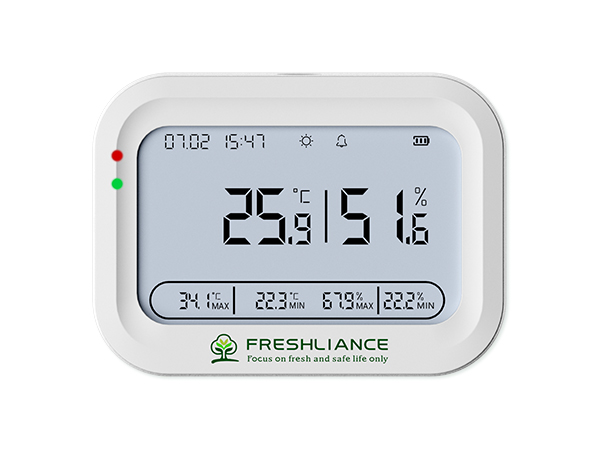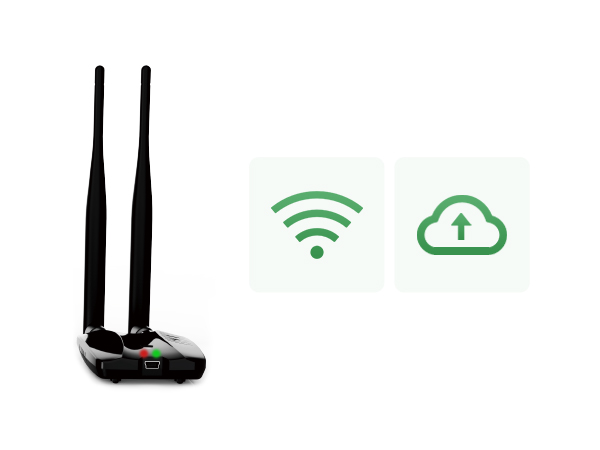Also known as "temperature-controlled transport", refrigerated transport is a mode of transport used primarily for all shipments requiring strict compliance with the cold chain and the integrity and quality of the products transported. The aim is to maintain a low temperature during transport. This applies to food products, frozen foods and fresh produce, as well as pharmaceutical and cosmetic products requiring low-temperature transport (blood products, vaccines, raw materials, etc.). The key to refrigerated transport is temperature monitoring, and the Bluetooth temperature recorder can do just that.

When it comes to refrigerated transport, there are several different modes of transport: rail, truck or air. Once specially-designed refrigeration systems have been installed, foodstuffs can be transported. Refrigerated logistics requires special equipment. Indeed, it is imperative to be able to control different temperatures depending on the type of goods being transported. This is known as multi-temperature delivery. The temperatures managed depend on the goods being transported. They can range from -18°C to +17°C. The Bluetooth temperature recorder can be glued directly to the wagon to monitor the temperature.
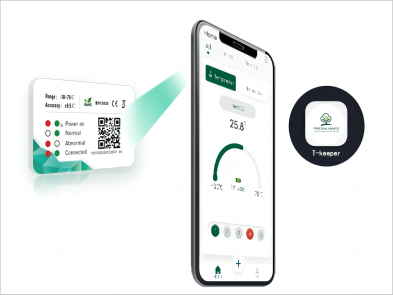
As a Bluetooth disposable temperature data logger, the Blue Tag T10 is small in size. It's easy to connect and use. All parameters can be set via the cell phone application. This wireless HACCP temperature sensor can also be connected indefinitely. One sensor can be connected to an unlimited number of users on an unlimited number of Android phones.
The app can support an unlimited number of sensors, limited only by the phones. Bluetooth connection via the app, you can scan the code to read the temperature data through the app on your phone. The HACCP Bluetooth temperature data logger complies with CE and RoHS standards, as well as EN12830 and HACCP temperature guidelines and requirements.

 English
English Español
Español Русский
Русский Français
Français Deutsch
Deutsch عربي
عربي 中文
中文